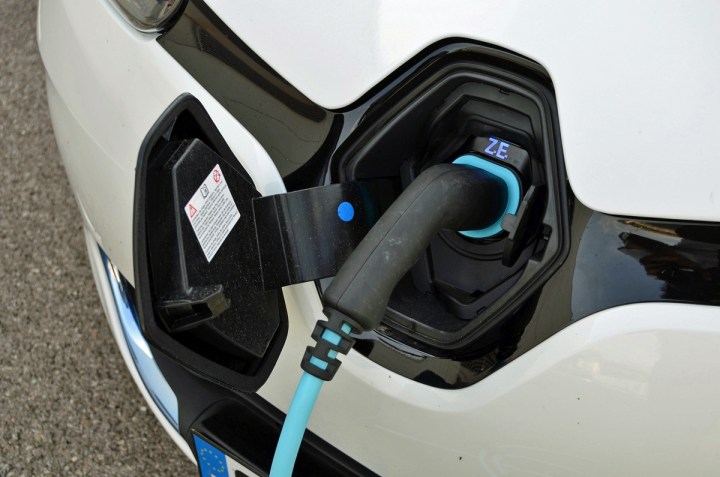
The motion was proposed by the PvdA, which is Holland’s labor party, and approved by a majority of the Dutch parliament’s lower house, which is known as the Tweede Kamer. The proposal calls for the ban of all vehicles that aren’t emissions-free, meaning that automakers won’t be allowed to sell even relatively efficient models like hybrids and plug-in hybrids. If everything goes according to plan, every car sold new in Holland in less than a decade will be powered either purely by electricity or by hydrogen.
Investing in self-driving cars seems like a given, but the motion to ban the internal combustion engine once and for all has drawn criticism from across the political spectrum. Notably, the People’s Party for Freedom and Democracy (VDD) called PvdA’s motion “overambitious and unrealistic.” According to Henk Kamp, VDD’s minister of economic affairs, only about 15 percent of all new cars sold in the Netherlands in 2025 will be all-electric, and going beyond that point in such a short period of time will be difficult. Barbara Visser, one of VDD’s representatives in the Dutch parliament, was a little more blunt when she called the motion “the wishful thinking of a headless chicken.”
Interestingly, the motion has been criticized by PvdA members, too. Dutch newspaper De Volksrant reports that some party members complain that they weren’t told about it ahead of time and learned of its existence on the news, while others point out that banning gasoline and diesel-powered cars is a decision that risks alienating large groups of voters.
Jan Vos, PvdA’s representative in parliament, responded to the backlash by pointing out that the motion is simply a vision for an emissions-free future, and that it won’t become a reality in the immediate future. He stresses that the Dutch need to kick their addiction to fossil fuels, but few politicians in Holland expect that the motion to ban gasoline and diesel-powered cars will be passed into law.
Editors' Recommendations
- The difference between diesel- and gasoline-powered cars
- Mini’s most powerful models to date will make you want to take the long way home




